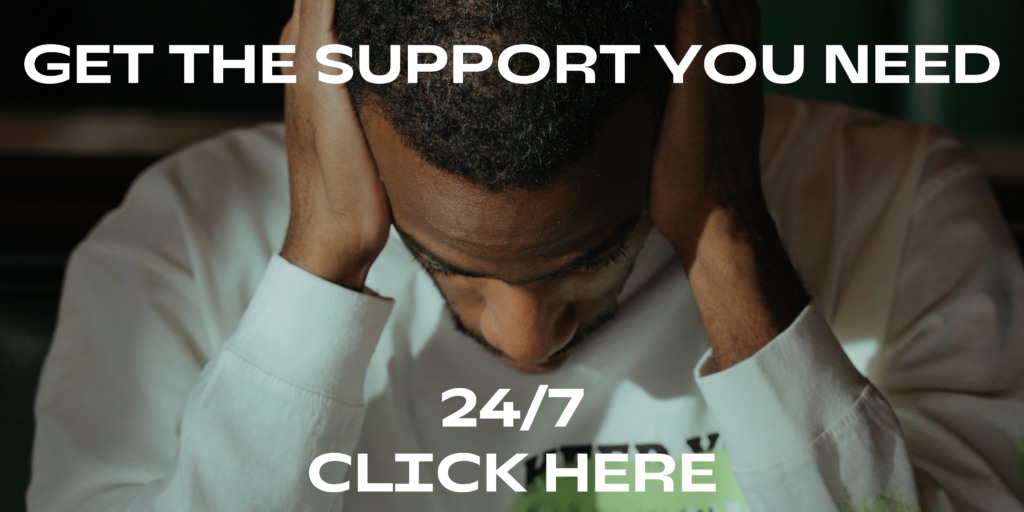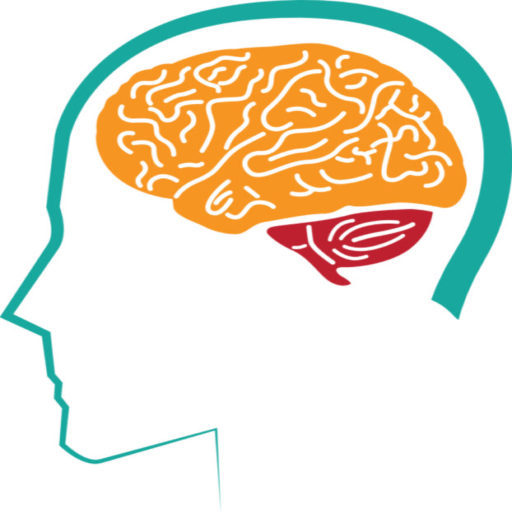Introduction
Welcoming a new baby into the family is a joyous and transformative experience. However, it also comes with a myriad of challenges, including the mental health of new parents. Postpartum depression and anxiety are common conditions that can affect both mothers and fathers during the perinatal period. In this article, we will address these mental health challenges, explore strategies for balancing parenting responsibilities with self-care, and emphasize the importance of seeking support from family, friends, and professionals.
Postpartum Depression and Anxiety
What Is Postpartum Depression?
Postpartum depression (PPD) is a mood disorder that can affect new mothers within the first year after childbirth. It is characterized by persistent feelings of sadness, hopelessness, and a lack of interest or pleasure in daily activities. PPD can also manifest with physical symptoms such as fatigue, changes in appetite, and sleep disturbances.
Understanding Postpartum Anxiety
Postpartum anxiety is another common condition that can affect new parents. It involves excessive worry, racing thoughts, and feelings of restlessness or nervousness. While some degree of anxiety is normal for new parents, postpartum anxiety can become overwhelming and interfere with daily functioning.
Balancing Parenting Responsibilities with Self-Care
Balancing the demands of parenthood with self-care is essential for maintaining mental well-being. Here are some strategies to help new parents achieve this balance:
1. Accept Help from Others
Don’t hesitate to accept offers of help from family and friends. Whether it’s assistance with household chores, childcare, or preparing meals, allowing others to support you can alleviate stress.
2. Prioritize Sleep
Sleep is crucial for mental health, and new parents often face sleep deprivation. Whenever possible, take naps or rest when the baby sleeps to replenish your energy.
3. Establish a Routine
Creating a daily routine can provide a sense of stability and predictability for both parents and the baby. Knowing what to expect can reduce stress.
4. Delegate Responsibilities
Share parenting responsibilities with your partner. Effective communication and teamwork are key to managing childcare tasks.
5. Self-Care Practices
Make self-care a priority. Set aside time for activities you enjoy, whether it’s reading, taking a bath, or going for a walk. Self-care is not selfish; it’s necessary for your well-being.
6. Seek Professional Help
If you are experiencing symptoms of postpartum depression or anxiety that interfere with your daily life, seek help from a mental health professional. Therapy and, in some cases, medication can be effective treatments.
Seeking Support
Seeking support from various sources is crucial for new parents’ mental health:
1. Family and Friends
Lean on your support network. Share your feelings and concerns with loved ones who can offer understanding and assistance.
2. Parenting Groups
Joining parenting groups, either in person or online, can provide a sense of community and the opportunity to connect with others facing similar challenges.
3. Therapy and Counseling
Individual or couples therapy can be beneficial for addressing the emotional challenges of parenthood and learning coping strategies.
4. Medication
In cases of severe postpartum depression or anxiety, medication prescribed by a healthcare provider may be necessary and can be effective in conjunction with therapy.
5. Postpartum Support Organizations
There are organizations and hotlines dedicated to providing support and resources for new parents dealing with mental health challenges, such as Postpartum Support International (PSI).
6. Parenting Classes
Consider enrolling in parenting classes or workshops that focus on coping strategies, communication, and self-care for new parents.
Overcoming Stigma
Stigma surrounding mental health issues, including postpartum depression and anxiety, can prevent new parents from seeking help. It’s essential to challenge and overcome this stigma. Here’s how:
- Educate Yourself: Learn about postpartum mental health conditions to understand that they are common and treatable.
- Talk Openly: Encourage open conversations about mental health within your family and social circles. Sharing your experiences can inspire others to seek help.
- Seek Professional Help: If you suspect you have postpartum depression or anxiety, remember that seeking professional help is a sign of strength, not weakness.
- Advocate for Change: Support efforts to reduce stigma around mental health in your community. Advocate for policies that provide better access to mental health services for new parents.
Conclusion
Mental health challenges can affect new parents during a period that should be filled with joy and excitement. Postpartum depression and anxiety are real and treatable conditions, and seeking help is essential for both the well-being of parents and the healthy development of their child.
By balancing parenting responsibilities with self-care, seeking support from various sources, and challenging the stigma surrounding mental health, new parents can navigate these challenges with resilience and hope. Remember that you are not alone, and there is a community of support available to help you through this transformative journey.
References
- American Psychological Association. (2023). Postpartum Depression. https://www.apa.org/topics/postpartum-depression
- Mayo Clinic. (2023). Postpartum Depression. https://www.mayoclinic.org/diseases-conditions/postpartum-depression/symptoms-causes/syc-20376617
- American Psychological Association. (2023). Postpartum Anxiety. https://www.apa.org/topics/postpartum-anxiety
- Postpartum Support International. (2023). https://www.postpartum.net/
- National Institute of Mental Health. (2023). Postpartum Depression Facts. https://www.nimh.nih.gov/health/publications/postpartum-depression-facts/index.shtml
- Postpartum Support International. (2023). PSI Helpline. https://www.postpartum.net/get-help/psi-helpline/

